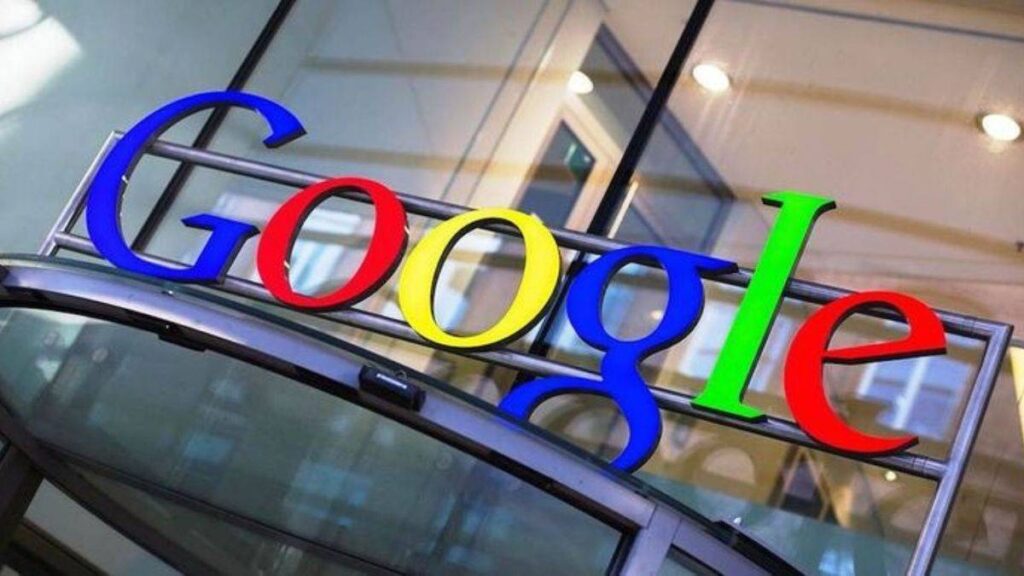Google has finally agreed to a $5 billion settlement in a long-standing lawsuit. The lawsuit was filed against the tech giant when allegations started to surface that Google was tracking user data in incognito mode. This was contrary to most users’ belief that they were browsing privately using Chrome Browser incognito mode.
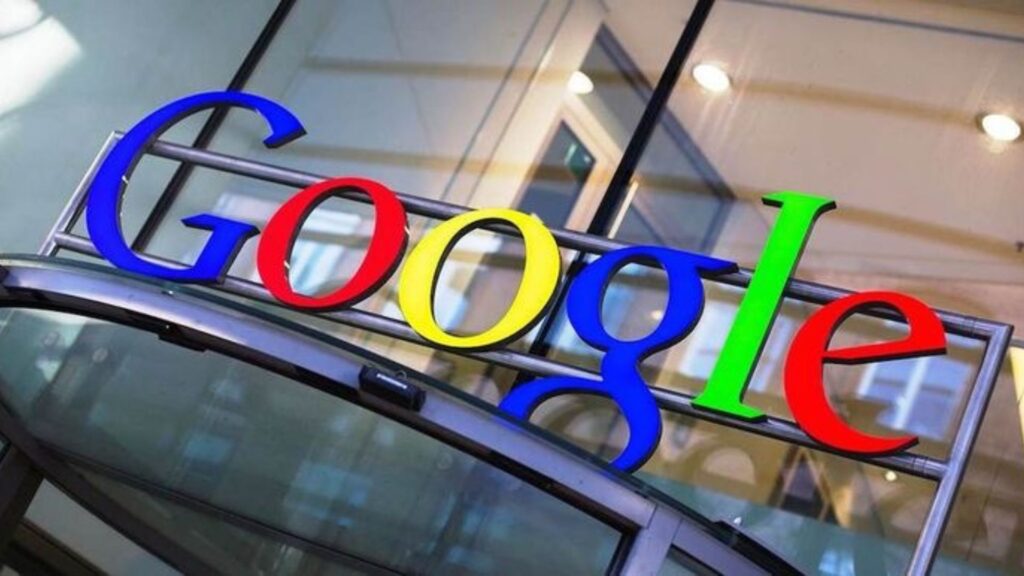
According to the plaintiffs, Google Chrome’s’ incognito mode misled users and gave them a false sense of privacy. Many users thought that incognito mode protected them from being monitored by Google and other third parties.
Incognito Mode Misleads Users
The lawsuit focused on how Google’s’ Chrome browser functions, especially its incognito mode. The plaintiffs argued that the incognito mode wasn’t’ as secure as Google claimed it was. It made users believe that their browsing activities were untracked, which was, in fact, not the reality.
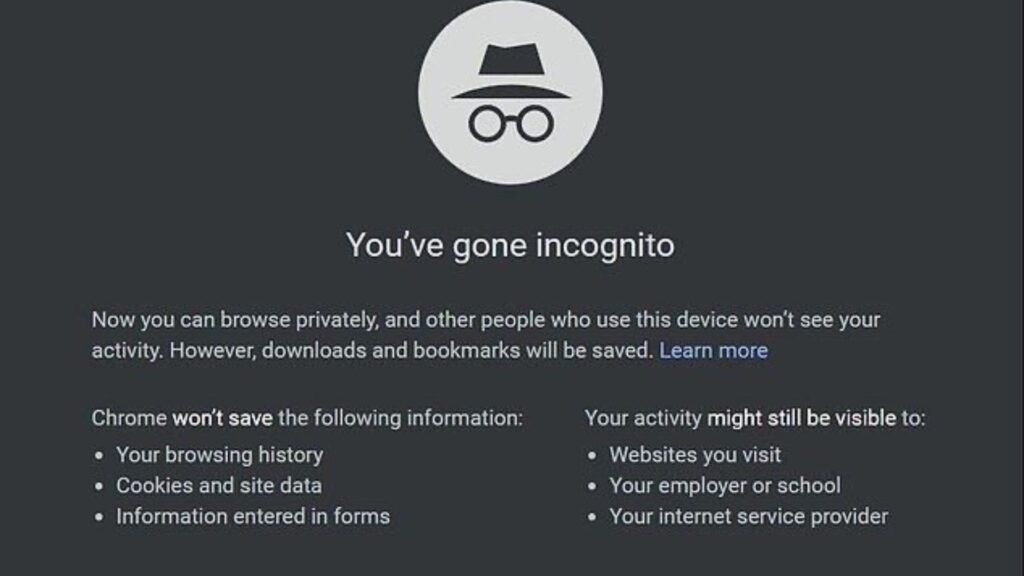
However, some internal emails from Google about incognito mode were disclosed during the lawsuit. The emails showed that even when users were in privacy mode, the company still monitored their data for web traffic measurement and ad sales.
Google Agreed to Settle
Following the class-action lawsuit against Google originally filed in 2020, the company’s legal representatives reached a preliminary agreement to settle the case.
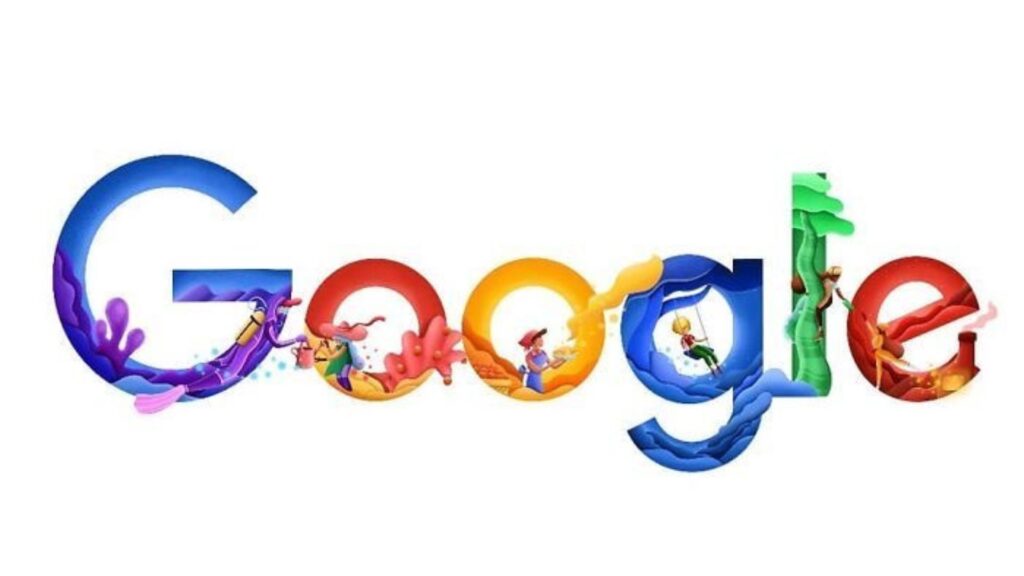
According to the lawsuit, Google’s tracking practices have affected millions of people who use Google Chrome browsers.
While some users expected privacy in incognito mode, Google’s tracking practices meant that the company still tracked their data.
A Possible $5 Billion Settlement
Furthermore, the plaintiffs’ lawyers demanded compensation. They suggested that Google pay about $5,000 for every user of Google Analytics or Ad Manager services tracked while in incognito mode.
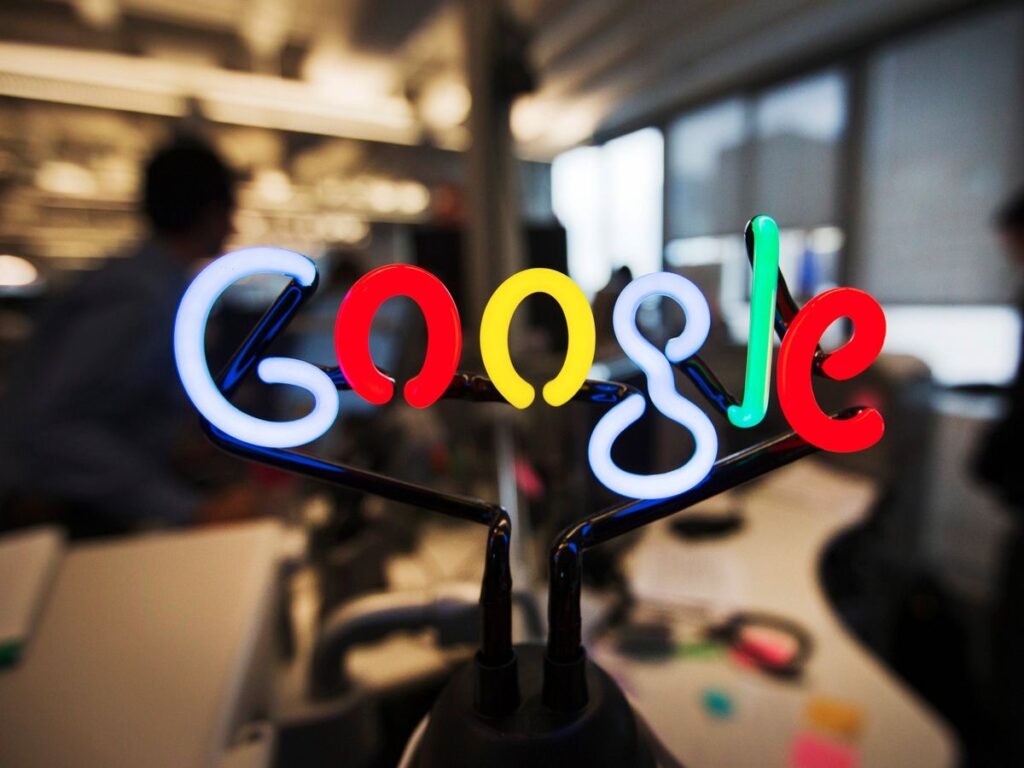
So, the company would have paid at least $5 billion in total. However, the exact figure both parties agreed on for the settlement remains unknown. However, the settlement figure will likely be less than the amount initially suggested.
Google and Plaintiffs Lawyers Have Not Spoken on the Settlement
Following the class-action lawsuit, Google and the lawyers representing the users have not made any public statements yet. The silence from both parties came after the court filed documents confirming the preliminary agreement for the lawsuit settlement.

When the case first went to court, Google wanted a judge to make the final decision about the case. However, their request was rejected. Instead, the court set a jury trial for the coming year.
Google’s “Deceptive Practices”
According to the lawsuit, Google engaged in deceptive practices. It alleged that the tech giant knowingly misled its users with a false sense of privacy using the incognito browsing option.

The plaintiff’s allegation was based on the claim that Google’s practices didn’t protect user privacy. Instead, it compromised users” privacy through a false sense of security and anonymity.
POLL — Is Artificial Intelligence a Net Positive or Negative for Mankind?
Google’s Data Collection
One of the direct allegations from the lawsuit claimed, “Google has made itself an unaccountable trove of information so detailed and expansive that George Orwell could never have dreamed it.”

This quote indicates the extent and intensity of information collection practices the plaintiff accused Google of.
A Formal Settlement
A formal settlement was expected to be presented to the court for approval by Feb 24, 2024. The date was set to be significant, marking the end of a long-running legal dispute. However, no update from Google or the plaintiffs about the settlement has been updated.

Nonetheless, the case marks a significant event in the world of digital privacy and user data protection.
Class Actions
These days, class action lawsuits have become a great method for individuals to hold top tech companies accountable for data privacy and collection issues. There is currently no comprehensive law in the United States on personal data handling. That’s’ why such class action lawsuits appear to be an effective method for handling privacy concerns.

It’s’ interesting to note that this isn’t the first case of its kind against Google. The tech company has had to settle several similar cases in the past. For example, it had to come to a $23 million settlement in August for claims that it provided third parties access to user search data. The prior court cases and settlements show that Google is all too familiar with lawsuits against their practices regarding handling user data and privacy.
ALSO READ: Meta CEO Mark Zuckerberg Claims His Daughter Thought He Was a Cattle Rancher
Meta Had a Similar Settlement
In a similar case, Meta, the parent company of Facebook, had to agree to a $725 million settlement in 2022 over a lawsuit about how it handles user data.
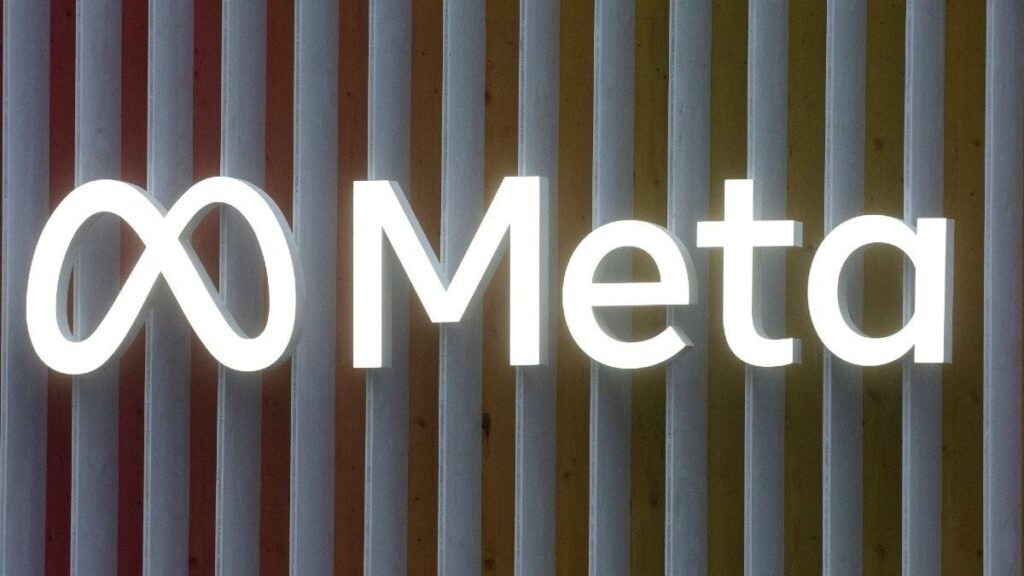
Meta and Google’s lawsuits show that several major tech companies face challenges and legal issues regarding data privacy and user rights.
The Trial Was Put on Hold
US district judge Yvonne Gonzalez Rogers in Oakland, California, put the scheduled trial on hold after Google’ and the plaintiff’s lawyers agreed.

When it was initially filed, Google announced it would be directing its focus away from precision-targeting ads. The company also said it would no longer track specific users” data as they browse the web.
Google Gets Rid of Third-party Cookies
Additionally, Google announced its plans to eliminate third-party cookies, which several websites use to store users” data on the Chrome browser. Despite Google’s’ promise, the company has yet to eradicate third-party cookies completely. However, Google assures the public that it will disable third-party cookies will be disabled by the second half of 2024.

Reports say that following the settlement, Google Chrome has updated the message users see when they’re in incognito mode. The company added a disclaimer that its privacy function still collects user data that websites and services can access. However, the new message is only visible on the latest version of Google Chrome.
You Might Also Like:
Researchers Find Potential $37 Billion Treasure on $2 Million Coal Mine
Police Report Claims Nurse Died After Asking a Friend to Help Move
Authorities Find Top Executive for “Sherri” Show Dead at Home in Suspected Suicide
Financial Experts Judge Redditors” Best Purchase Decisions
Man Convicted of Assaulting Capitol Officers Calls for “Accountability” for 2020 Election Lies

